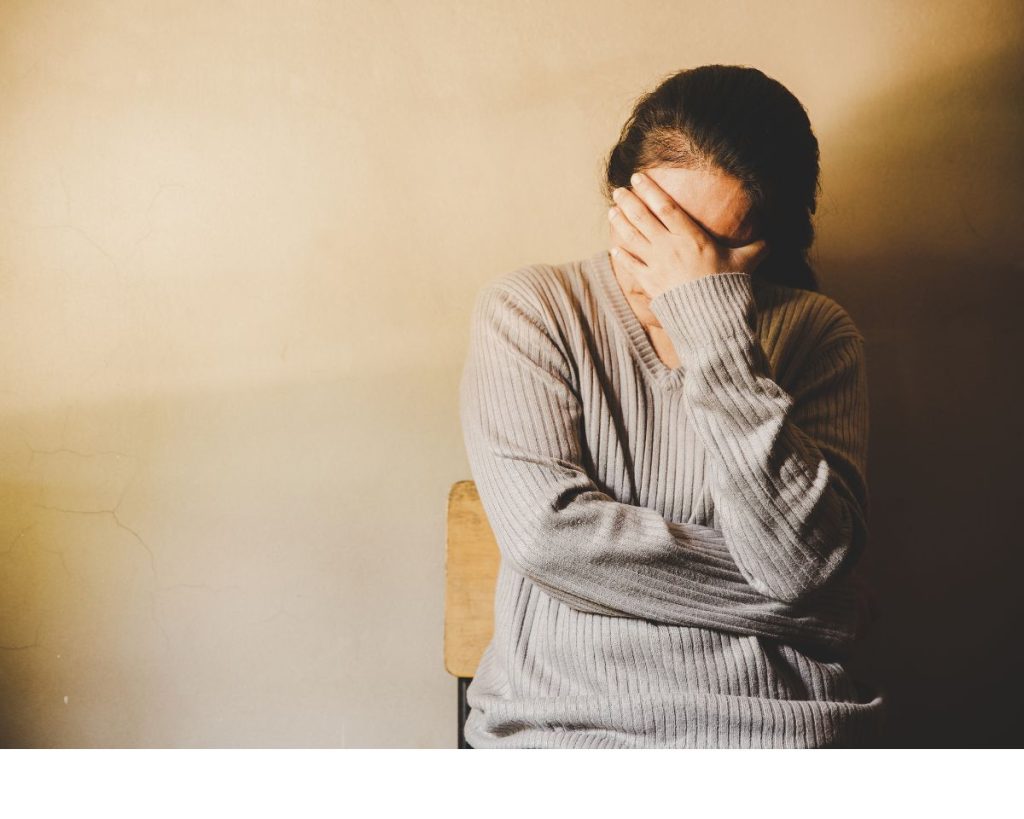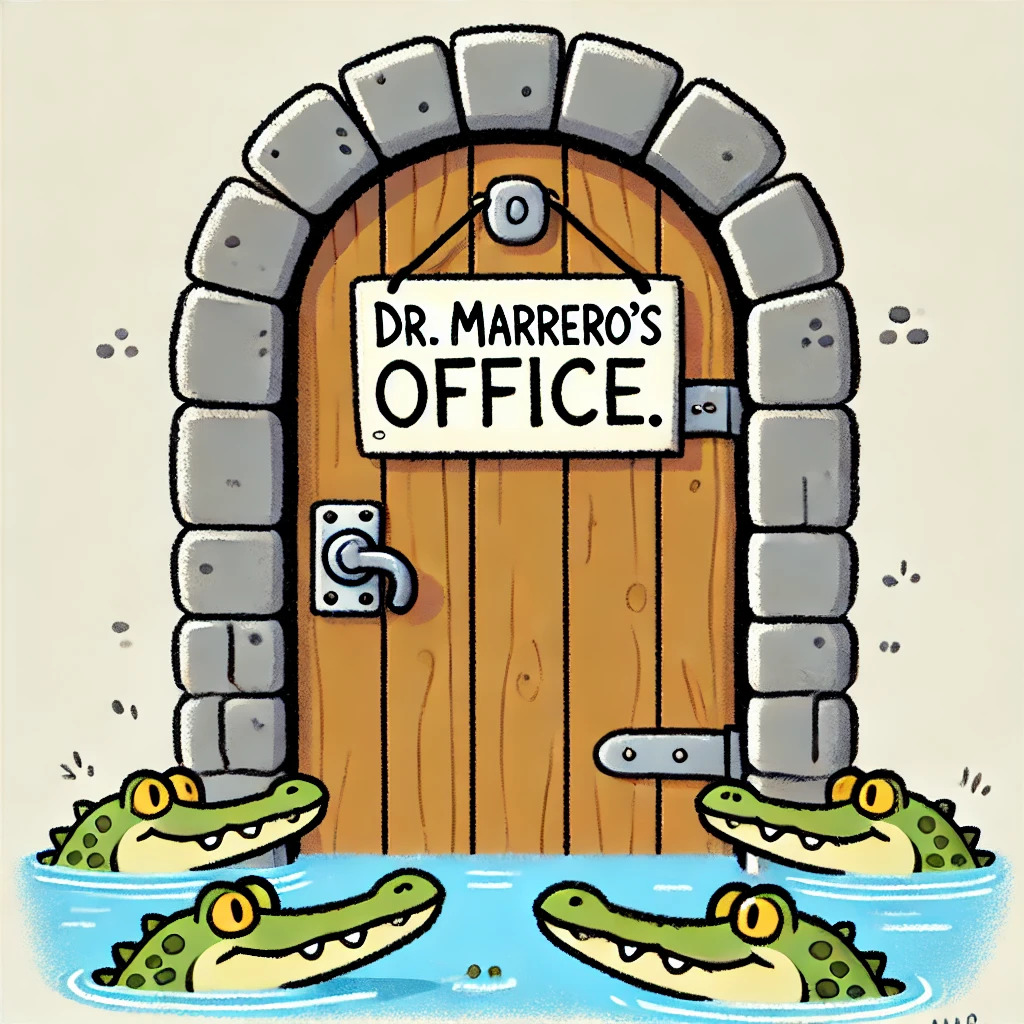Editor’s note: This article was written by a metro-area teacher who asked to remain anonymous.
When I pass the front office in a low-performing middle school, I hear the walls shake.
A father is in the conference room, screaming at an administrator. “Why wasn’t I told that my daughter was in therapy?”
It isn’t the first time I have heard this in the office. It’s normal now. Parents upset that their children, unknown to them, are counseled through whatever “trauma” du jour they’ve experienced, leaving the parent unaware of whatever situation their child is in.
“Mental health” counselors intend to alleviate the “trauma” students encounter in their daily lives. While the intention is noble, the practice is varied, with most students quickly realizing the power of victimhood in our society.
All students have to do is label themselves “traumatized.” Social media helps them develop these identities while “mental health” seals the deal with services.
Student “trauma” can include anything the student perceives as “traumatic” since mental health is entirely self-reported. Homework? Traumatic. Boyfriend problems? Traumatic. Chores? Abuse and trauma. Arguments with parents? Abuse, neglect and definitely traumatic. Classroom expectations? Traumatic – rules are abuse.
See a problem?
“Mental health” itself needs a shift of position from the language of victimhood to the language of resilience. This means developing EXECUTIVE FUNCTION – choice-making. Why? Because understanding that everyone is making choices cuts at the core of victimhood. Life doesn’t just happen to you. You have choices.
Maybe, just maybe, if you chose to do your chores and homework, you might have less “trauma” in your life.
The eternally growing net of victimhood in “mental health” has become increasingly absurd. Also, it imagines that all trauma is equal. It is not.
Real trauma needs help and treatment. But when “mental health” treats unhappy teenagers who don’t want to do chores or homework as trauma victims, everyone suffers – especially the teen whose sense of self has now been handed over to anyone who doesn’t live up to their unrealistic expectations.
Back to the parent in the middle school conference room. Had he known his daughter was in therapy, he might have been able to provide valuable insight and support to issues she was encountering.
In a world where victim takes all, children quickly understand the power of their real or perceived “trauma.” The ultimate losers are the children themselves whose identities become entrenched in victimhood and “trauma.”




